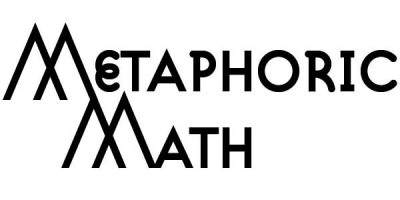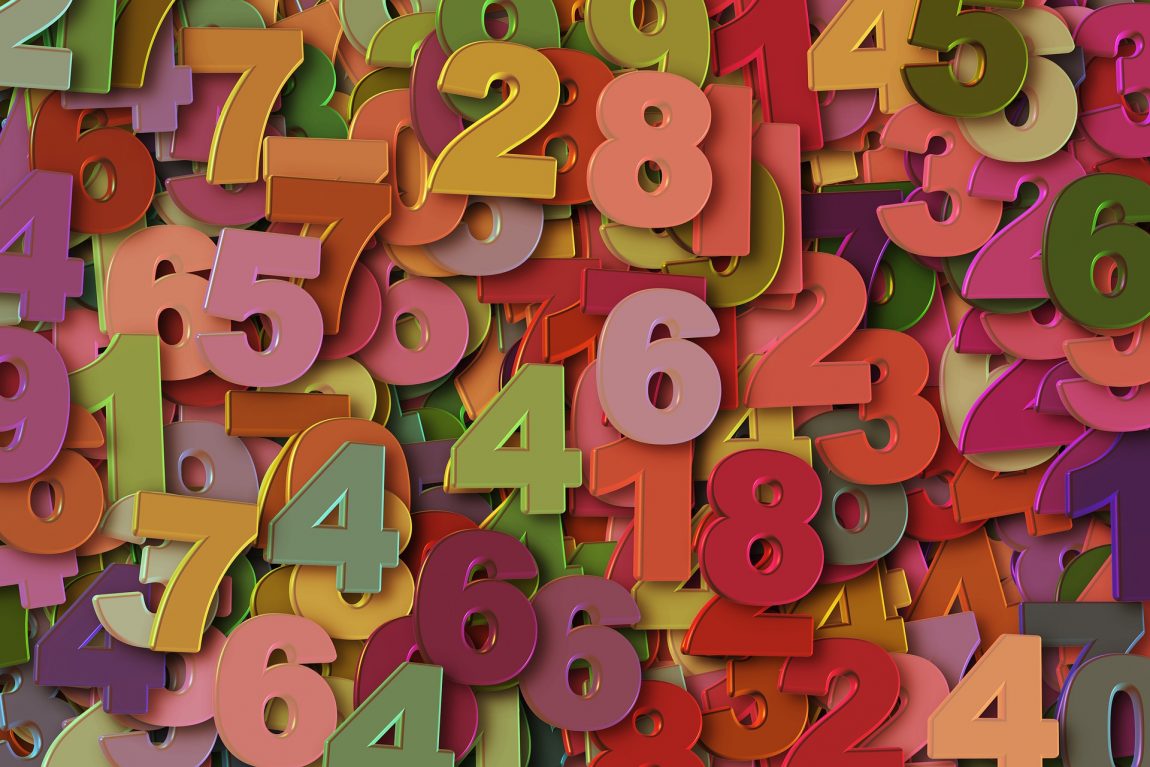It’s about to get geeky.
Math is a polarizing subject. Most people either love or hate it. Those who struggle to grasp the concepts often swear they will never use math in everyday life, while math nerds make their case for its daily applications with chart and graphs and percentages and statistics.
I fall somewhere in the middle. Math was an easy subject for me to grasp throughout high school, though I don’t recall ever admitting that I actually liked it and I certainly didn’t want to study advanced mathematics in college on my own accord.
Numbers generally do not stick in my head. Trying to recall phone numbers or zip codes or a statistic I recently read is not one of my strengths, though maybe that’s more about memorization skills. When it comes to conceptual math, however, things click.
The idea for Metaphoric Math grew out of the concept of applying basic math terminology to broader life principles. Specifically, I began to fixate on the idea of subtracting to multiply abundance.
Over the past 7 months, I have made some major life changes. Many of these changes have involved removing various habits and routines from my day to day existence. In turn, space has been created along with time and energy for expansive new pursuits.
In an effort to be intentional and promote a personal growth mindset, I have been exploring and implementing new ideas and rituals. I’ve reintroduced a regular reading habit and have been consuming books at a pace that hasn’t been rivaled since childhood.
Notable titles from the past month include Tim Ferriss’ Tools of the Titans and Gretchen Rubin’s The Happiness Project. As I continue to learn and apply principles from these books in my day to day life, I decided that regular writing would be beneficial as a way to track my progress and also serve as a record of my explorations.
The 2020 Math Project is my way of channeling these thoughts and ideas into a sharable framework with the hope that these concepts and formulas and their corresponding derivatives will multiply exponentially and produce extraordinary results in not only my life, but in your concentric circles of influence as well.
And that, my friends, is but a fraction of the nerdy, geeky sort of analogies that are to come as I begin to explore math vocabulary and relate technical terminology to life lessons where math may not typically be associated.
My goal is to present math concepts in such a way that even those individuals who despise mathematics and were of the camp in primary school who questioned “when am I ever going to use this math in my everyday life?” may come to realize that while math may be a language of its own, it can be interpreted and applied in relatable ways, whether you consider yourself left-brained or right-brained or believe that concept is a myth altogether.
Ultimately, my aim is to share my thoughts and musings with you in the functional form of figurative language. I will explore my vulnerability in memoir and musings, and offer supporting evidence from my research throughout this ongoing quest as I gain knowledge and experiment with practical formulas for living a fulfilling life of abundance.
Only 3 weeks remain of this decade, and my concept of Metaphoric Math is merely 3 days old. While I’ve never been one to make New Year’s resolutions, 2020 seems like a prime time to give it a shot. I’ve always loved patterns and symbolism in numbers, and the synchronicity of 20/20 vision is no exception. I am still in the early stages of outlining my goals and plans for the #2020MathProject, but at minimum I am making regular weekly blogging a goal for the year.
3, 2, 1….Go!


As an affirmed mathemaphobic, I am very intrigued by the concepts of this blog! It seems the general consensus is that a person is either good in math or good in language, linguistics, etc. I have always preferred the later. I wonder if there’s a possibility that by combining the two, mathemaphobics could develop a new appreciation for that dreaded word, “math“?
I hope so! I’m making a concerted effort to present concepts in an accessible way for mathemaphobes in particular – as long as they can get past their initial apprehension of the title and terminology! I’ve only begun to scratch the surface myself, and have already developed a much deeper understanding and appreciation for the study of mathematics and why it is a fundamental part of our education.